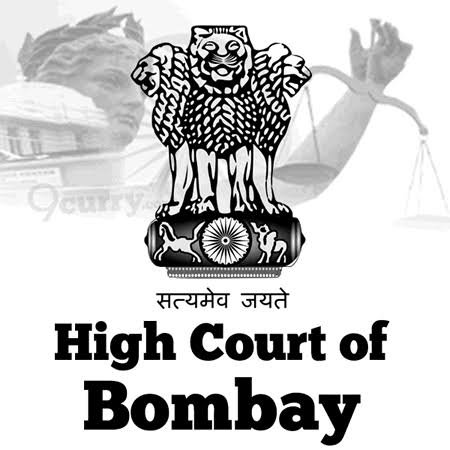


The Nagpur bench of the Bombay High Court recently ordered the Director General of Police (DGP) of Maharashtra to ensure that investigating officers approach magistrates for approval to probe non-cognizable offences in appropriate cases [Nitin Satpute v. State of Maharashtra & Ors].
Non-cognizable offence is where the police cannot arrest a person without a warrant or register a first information report (FIR) or conduct investigation into the offences without explicit directions from courts.
Single-judge Justice Anil Pansare directed the DGP to issue a circular to that effect after recalling from his experience that investigating officers (IO) seldom approach magistrates to investigate non-cognizable cases.
“I have not come across a case where the investigating officer has approached the Magistrate to seek such permission. The usual practice is to leave the things to the informant to take the case further, if he so desires. In my view, this mindset should change,” the judge observed.Justice Pansare deduced that there might have been many cases where IOs were required to seek permission for investigating an offence, but could not do so for want of guidelines.Given this, the High Court judge directed the State DGP to issue a circular to fill this gap.
“Considering the ambiguous status, I deem it necessary to issue directions to the Director General of Police, State of Maharashtra, Mumbai to issue a Circular/Notification stating therein that in appropriate cases (which should be made identifiable), the investigating agency should approach the jurisdictional Magistrate under sub-section (2) of Section 155 of the Code, seeking permission to investigate the non-cognizable offence,” the Court ordered.The judge also clarified that appropriate cases according to him were all non-cognizable offences except the ones committed in the spur of the moment.The judge also remarked that the IOs are duty-bound to investigate even non-cognizable offences as they are also punishable.
“The investigating officer should be mindful of the fact that even the non-cognizable offences are punishable, and therefore, in appropriate cases, he is duty-bound to investigate even such offences and ensure that the investigation reaches logical end,” the Court said.
The directions came in a writ petition filed by one Nitin Satpute, a college librarian who had challenged a sessions court order that quashed summons issued to the college principal for using filthy language against Satpute.He approached the police station for lodging a case under Sections 294 (performing an obscene act in a public place) (cognizable offences), 504 (intentional insult with intent to provoke peace) and 506 (criminal intimidation) (non-cognizable offences) of the Indian Penal Code (IPC).The police lodged a report under Section 155 (registering case for non-cognizable offence) of the Code of Criminal Procedure (CrPC) for offences under Sections 504 and 506 of IPC.
Satpute approached the magistrate seeking registration of FIR for the cognizable offence under Section 294.
The magistrate initiated criminal process and summoned the principal under Sections 294, 504 and 506 of IPC. This order was challenged before a sessions judge who set aside the order.While doing so, the sessions judge observed that the ingredients under Section 294 had not been met, and hence no case could be registered. The judge also took a view that a principal's chamber was not a public place.The High Court found this view to be erroneous. It reiterated that since students and teachers could always access a principal's chamber, it was a public place.It also concluded that the complainant's information spelt out the ingredients of the offences.
Thus, it found that the Magistrate’s order was justified and set aside the order of the sessions court.
TAGS: Bombay High Court DGP Non-Cognizable Offences Judicial Directive